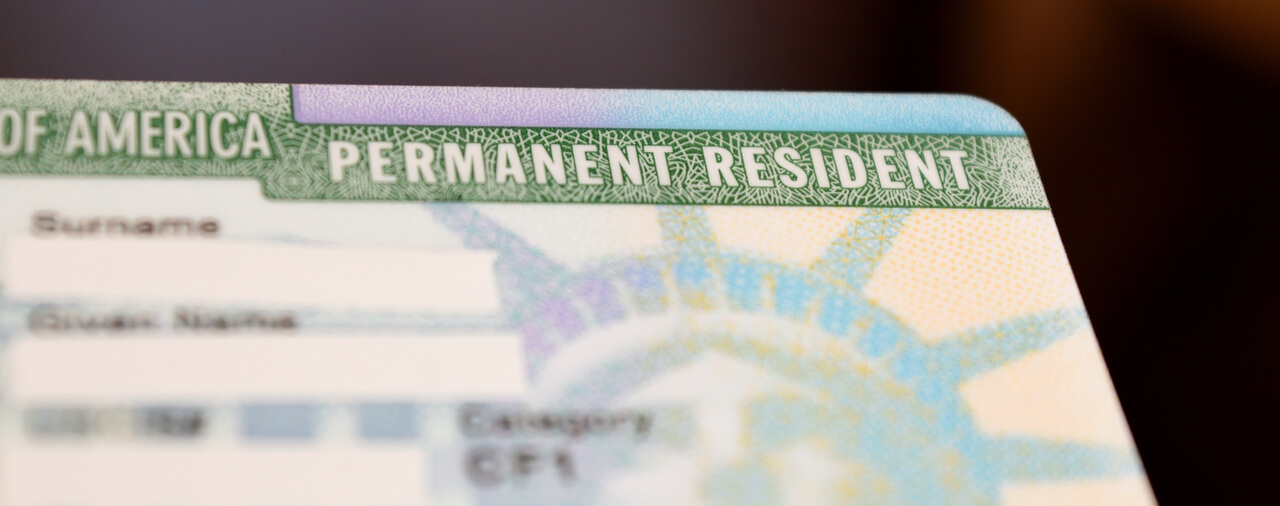On November 17, 2017, the American Immigration Lawyers Association published “Practice Pointer: Obtaining a Temporary I-551 Stamp Due to the Delayed Adjudication of an I-751 Petition” (see AILA Doc. No. 17111739).
In the post, AILA notes that there have been ongoing processing delays over the past year for the Form I-751, Petition to Remove Conditions of Residence. The Form I-751 is used to apply for the removal of conditions for an individual who obtained conditional permanent resident status based on marriage to a U.S. citizen or lawful permanent resident (or any dependent children).
Under 8 C.F.R. 216.4(a)(1), “[u]pon receipt of a properly filed Form I-751, the alien’s conditional permanent resident status shall be extended, automatically, if necessary, until such time as the director has adjudicated the petition.” This provision exists to ensure that an alien does not lose his or her conditional permanent resident status due to processing delays. However, AILA notes that, in practice, an alien’s conditional permanent resident status is extended for a period of one year after its expiration when the USCIS issues a Form I-797, Notice of Action (receipt notice) after receiving the properly filed Form I-751.
The current processing delays mean that, in some cases, an alien’s Form I-751 may remain pending for more than one year after the expiration of his or her conditional permanent resident status. As we noted, under 8 C.F.R. 216.4(a)(1), these delays do not mean that the alien loses conditional permanent resident status due to processing delays. However, AILA explained correctly that aliens in this situation will “need evidence of their status as evidence of work authorization, for international travel, or to renew a state-issued driver’s license.”
AILA explained that a solution for conditional permanent residents whose Forms I-751 remain pending for over one year is to “obtain a temporary I-551 stamp in their passport at a local USCIS office.” You may see the USCIS page on temporary I-551 stamps here: [PDF version]. A temporary I-551 stamp serves as proof for a period of up to one year that the individual is still in valid conditional permanent resident status. The USCIS may limit the validity period of the stamp in its discretion.
AILA explains that, in most cases, a conditional permanent resident should schedule an InfoPass appointment in order to obtain an I-551 stamp at his or her local USCIS office. AILA explains that if there are no InfoPass appointments available prior to one year elapsing from the expiration of the individual’s conditional permanent resident card, “the USCIS local office should also be able to provide the stamp on an emergency/walk-in basis…” AILA added, however, that in order to obtain an I-551 stamp on an emergency/walk-in basis, the individual must present proof that there is a need. In general, this method should not be used “more than 30 days before the expiration of the conditional permanent resident card extension.” It is always wise to consult with an experienced immigration attorney who has a thorough understanding of procedures at USCIS offices.
When seeking an I-551 extension, an applicant must bring documents that serve as proof of his or her identity and status. The USCIS website states that the individual should bring his or her expired conditional permanent resident card, the Form I-751 receipt notice, and the interview appointment notice (if applicable) [PDF version]. AILA adds that the individual should also bring proof of his or her residence within the jurisdiction of the USCIS office.
Conditional permanent residents should consult with an experienced immigration attorney throughout the entire process. In the event of processing delays, an attorney will be able to assist the individual in ensuring that he or she has proof of his or her continued conditional permanent resident status.





